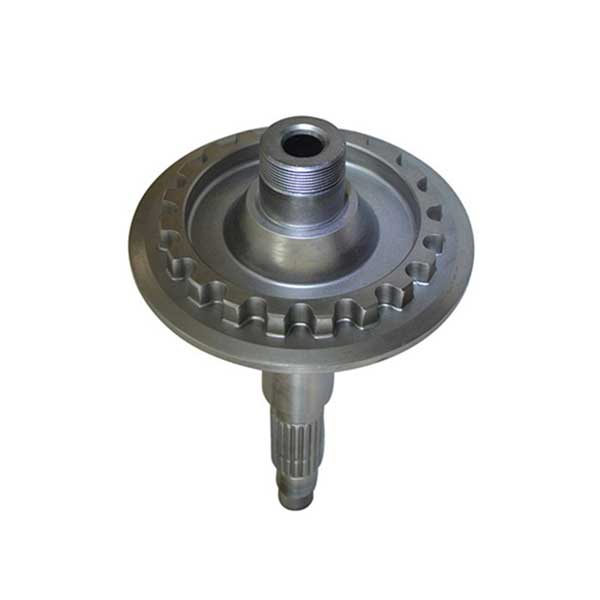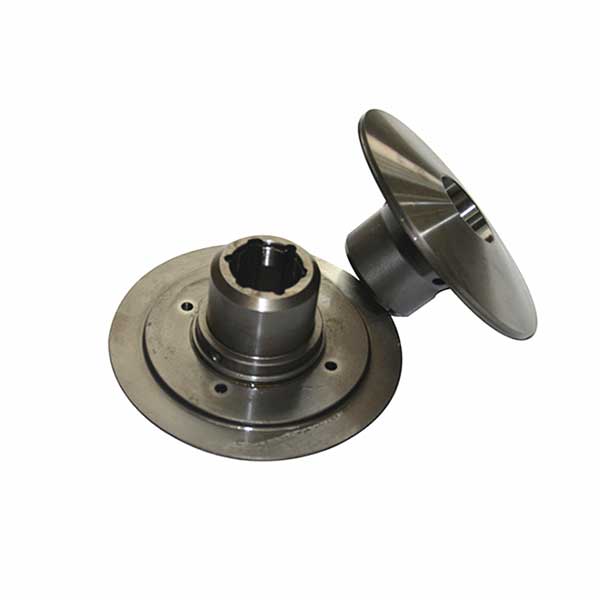A forged wheel is a type of wheel that is manufactured through a forging process. Forging is a manufacturing method where a solid piece of metal is shaped and formed under high pressure and heat to create the desired wheel shape.
Here are some key features and benefits of forged wheels:

Strength and Durability
Forged wheels are known for their superior strength and durability. The forging process compacts the metal structure, aligns the grain flow, and eliminates any weak points or porosity, resulting in a wheel that can withstand high loads, impacts, and stress. This makes forged wheels highly resistant to bending, cracking, and deformation.
Weight Reduction
Forged wheels offer weight savings compared to other wheel manufacturing methods, such as cast wheels. The forging process allows for precise shaping and thinning of the wheel’s walls, reducing unnecessary material without compromising strength. The reduced weight contributes to improved acceleration, braking, and overall vehicle performance.
Enhanced Performance
The combination of strength and weight reduction in forged wheels translates into improved performance characteristics. The reduced unsprung weight contributes to better handling, responsiveness, and suspension performance. Additionally, the increased strength allows for better energy transfer, minimizing power loss and maximizing efficiency.
Customization
Forged wheels offer a wide range of customization options in terms of design, finish, and size. The forging process allows for intricate designs and complex shapes to be created, giving customers the opportunity to personalize their wheels and match their vehicle’s aesthetics.

Heat Dissipation
Forged wheels have better heat dissipation properties compared to other wheel types. The compacted metal structure and improved surface area-to-volume ratio help dissipate heat generated during braking, reducing the risk of brake fade and prolonging the life of braking components.
Quality and Craftsmanship
Forged wheels are often associated with high-quality craftsmanship and attention to detail. The forging process requires skilled labor and precise control, resulting in wheels with superior surface finish, dimensional accuracy, and overall quality.
Exclusive and High-End Applications
Due to their superior strength, durability, and aesthetic appeal, forged wheels are commonly used in high-performance and luxury vehicles. They are often considered a premium option and are favored by automotive enthusiasts who seek top-of-the-line components for their vehicles.
It’s worth noting that the cost of forged wheels is generally higher compared to other wheel types due to the complex manufacturing process and the use of high-quality materials. However, the benefits in terms of performance, durability, and customization options make


